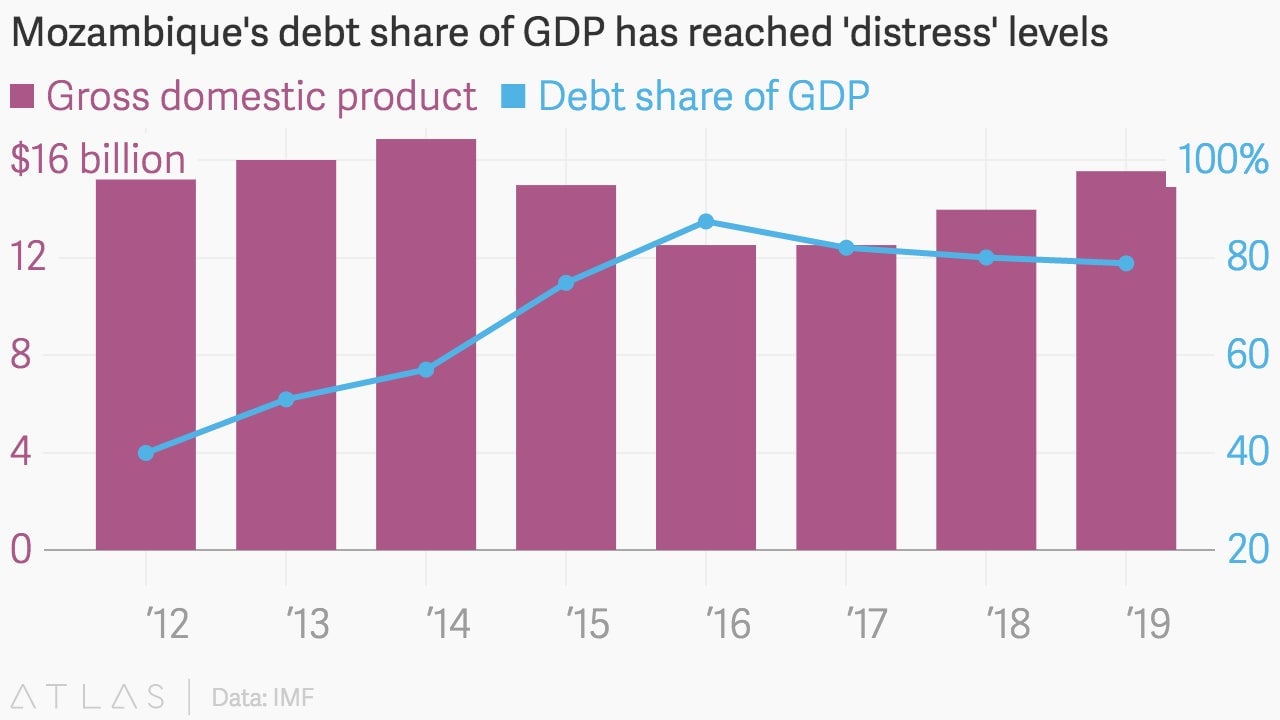South Africa’s asteroid phobia, Niger’s dead donkeys, Kenya’s Gotham
Hi, Quartz Africa readers!

Hi, Quartz Africa readers!
[insertSponsor]
Sunny Days
This week it was great to learn Morocco, which has been leading the way on solar energy, is converting hundreds of mosques to renewable energy with the installation of solar panels to help run air conditioning, heat water and power energy-saving lights in these places of worship.
Last year, the north African country completed the first phase of Africa’s largest solar plant that will eventually take up an area equal the size of its capital city, Rabat. The plant will generate enough power that it could eventually export energy to Spain.
Solar energy instinctively feels like the obvious solution to Africa’s power deficit. And while Morocco has been a leader, there are numerous stories of initiatives such as this from across the continent.
We regularly hear that some 600 million Africans are without access to electricity but it’s also worth noting some of the great strides being made to take on this huge challenge. Much of the progress here comes out of necessity.
The talk of growing access to internet and smartphones in Africa is a good thing but we’ll need power to work these devices. If some African countries can improve access to power and take leadership in renewable energy there’s plenty of upside beyond just connecting more people to power.
Given the necessity, there is, and will continue to be, plenty of experimentation with technology and supply side models in Africa. If African stakeholders (governments, public-private partnerships, entrepreneurs etc) are closely involved there’s every chance some countries or businesses could take global leadership in developing and delivering clean energy for the rest of the world.
It’s a secondary concern today, but will be of immense value to Africa’s future.
Yinka Adegoke, Quartz Africa editor
Five stories from this week
The most translated African short story. A fable by veteran Kenyan writer Ngũgĩ wa Thiong’o on how humans learned to walk broke the record as the most translated short story in African history. It’s believed the story also holds the record for the most translated, stand-alone short piece of fiction in history.
Uber’s ‘go slow’ in Lagos. New Lagos state regulations requiring that taxi operators register with the government and get a franchise license, might spell problems for the ride-hailing app. It’s a problem for Uber because it depends on private cars signing up to work with its service, writes Yomi Kazeem.
African countries are worried about their donkeys. Niger has banned exports of donkey hides as demand from Asia, especially China, has spiked. Last month, Burkina Faso also barred shipments of the animal abroad. Gelatin made from donkey hides is used in traditional medicine in China, which is experiencing its own donkey shortage.
A web thriller points to the future of Kenyan filmmaking. Since its launch, the Gotham City-style, Kenyan web series “Tuko Macho” has struck a chord with audiences and garnered over a million views online. But as Abdi Latif Dahir writes, the show provides more than an adroit social commentary on the problems that ail the East African nation.
South Africa’s platinum industry could be hit by an asteroid. NASA’s latest mission to the asteroid Bennu is hoping to return with a sample of “scientific treasure.” Among that treasure could be the potential to unlock thousands of tons of platinum and, as Lynsey Chutel notes, completely disrupt the world’s top platinum producer, South Africa.
Chart of the Week
Mozambique’s debt problem. Mozambique is trying to restore its reputation and overcome its worst financial crisis in two decades. After hiding a $1.4 billion debt from the IMF—and getting caught—the country hired an IMF veteran as it’s new central bank governor. Once a favorite with investors, Mozambique’s debt is now at 86% of its GDP.

Other things we liked
Bearing witness in Gabon. Photographer Marco Longari reflects on the importance of being on the ground, of bearing witness to violence, of covering tense moments as a lone photographer, and the advantages and disadvantages of having zero professional competition on an important story.
Not yet dead. At 92 years of age, Robert Mugabe is Africa’s oldest president. Rumors about his ill-health, going overseas to seek treatment and even his death, have circulated in the media several times. But New York Times’ Hopewell Chin’ono and Norimitsu Onishi write that Zimbabweans have found a new way of following the president’s whereabouts: tracking the presidential plane on flight tracking apps.
Erasing African stereotypes about Africa. For a long time, South Africans looked to the rest of Africa as a continent unlike their own. Professor Herman Wasserman writes that this view was solidified by the media’s coverage of the continent, veering between the extremes of stereotypical reporting or touristic exoticism.
Keep an eye on
Social Media Week in Nairobi (Sept. 12 – 16). Kenya’s capital will host its first independent Social Media Week to celebrate and discuss the emerging trends in social and mobile media and how that’s changing businesses. The conference will bring together representatives from across the technology, advertising, communications, publishing and entertainment industries.
Press conference with marathoner Feyisa Lilesa (Sept. 13). After securing a visa to the United States, Ethiopian runner Feyisa Lilesa will hold a major press conference in Washington DC. Lilesa will provide an update on his status, and how he hopes to continue to raise awareness about the Oromo protests in Ethiopia.
Our best wishes for a productive week ahead. Please send any news, comments, Moroccan solar panels and platinum-rich asteroids to [email protected]. You can follow us on twitter at @qzafrica for updates throughout the day.